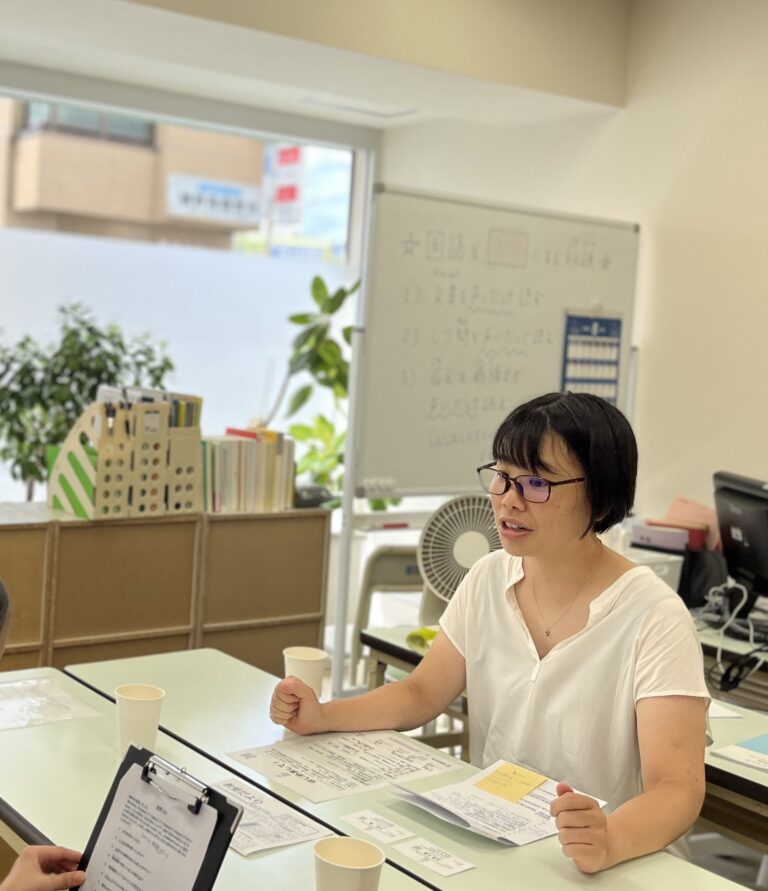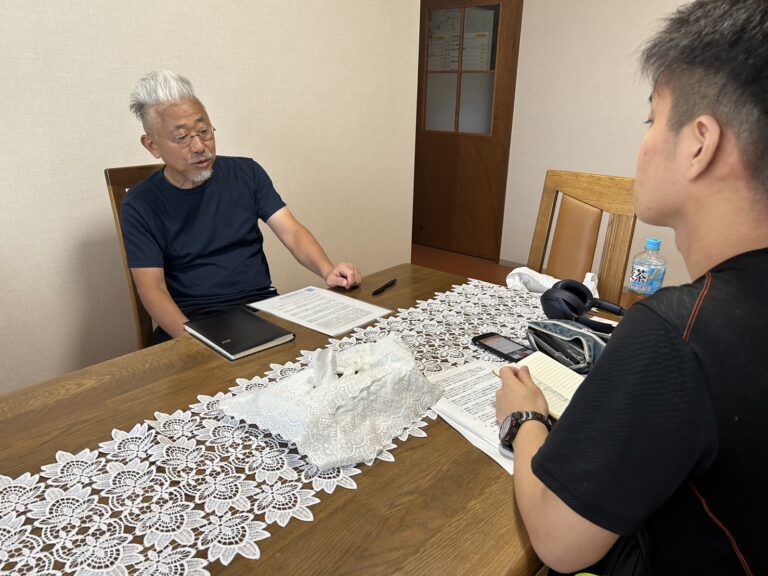Women’s Pavilion at Expo 2025
Reporter: Haruka Inami, age 12
A Conversation with the President of Iceland at Expo 2025
I came to the Women’s Pavilion at Expo 2025 Osaka to cover a conversation between Ms. Sayuri Daimon and the President of Iceland, Halla Tómasdóttir—a discussion that turned out to be far more personal, powerful, and urgent than I had expected.
The entrance path was covered in soft, light brown sand, and inside, the silver room gleamed with golden lights. A banner reading “ともに-TOMONI Women’s Pavilion” shimmered beside the stage. As the audience settled, Ms. Daimon—the first female managing editor of The Japan Times and chairman of Youth Express Japan—took her seat beside the president, both exchanging warm greetings before the dialogue began.

1. The Policies Behind Iceland’s Equality
Ms. Daimon: What are the key policies that helped Iceland become a leader in gender equality?
President Halla:
“There are three,” she began. “First, we built accessible childcare infrastructure. Second, we introduced equal parental leave. When men are expected to stay home too, employers stop assuming only women will leave the workplace. That changes hiring decisions—and it changes the household.”
She then pointed to a historic turning point: Iceland’s 1975 women’s strike.
“For one day, women didn’t work. Not at their jobs, not at home. And the country stopped. That bold action showed that nothing works without women—and it woke the nation up.”
She added, “This isn’t just about representation. It’s about shifting the values at the heart of society. That’s cultural work. And women and young people often lead it—but we need men and boys to join.”
2. Bringing Men Into the Conversation
Ms. Daimon: Some men feel alienated by these changes. How do we bring them along?
President Halla:
“I started what I call the ‘daddy-daughter effect.’ I invited male leaders to bring their daughters to meetings. You’d be surprised how much changes when a man sees the world through his own child’s eyes.
She stressed the need to create safe spaces for men to talk openly. “Even in Iceland, some men say, ‘Do we still have a place?’ And that’s normal. Everyone wants to matter. That’s what I learned when I was seven, watching my mother and her sisters strike in 1975. We all want to feel that we matter.”
3. Her Journey to the Presidency
Ms. Daimon: You first ran for president in 2016. What inspired you?
President Halla:
“I never thought I had the answers. But I gain confidence through doing. At first, I ran because students I had taught encouraged me to. But 45 days before the election, I was polling at 1%. People told me to quit. I didn’t. I finished second with nearly 30%.”
“I felt I’d already won. And when I ran again eight years later, I did it because I had a purpose. Iceland is small, but it’s a land of creative solutions. We’ve helped solve big global problems—not by being perfect, but by being bold. I believed we could help the world believe again in what’s possible. And I won.”

Closing Reflection
As the conversation ended, the audience applauded. The warmth between Ms. Daimon and President Halla was evident as they thanked each other and exited the stage.
President Halla’s message stayed with me: equality isn’t only about women. It’s about redesigning society so that everyone, regardless of gender, feels seen, valued, and empowered. In Japan—where equality still faces many hurdles—we may not need to follow Iceland’s exact path. But we can be inspired by their courage, their policies, and most of all, their belief that progress begins when we decide to act.
Reporter’s note:
This show was an extremely inspiring and thoughtful interview, reminding us of the improvements Japan needs to achieve gender equality, teaching us the solutions for each of our issues at the same time. I am sure that the young generation portrays both as a respectful role model for them, including me, that would help lead us to grab each other’s hands and cooperate together to create the future we want to achieve.
Meet the reporter:
Although I do love reading English books, I also have an interest in Japanese books. Most of the Japanese books I’ve read in the past consist of old folktales and stories written by famous historical authors such as Kenji Miyazawa and Ryunosuke Akutagawa. However, I mostly can’t understand the purpose of some of the books and the point the author wants to make in their stories. For instance, I’m curious about a book about a man called Melos running around becomes a Japanese historical best-seller.





